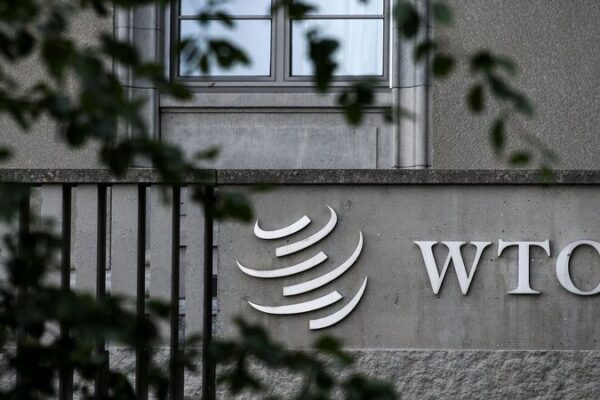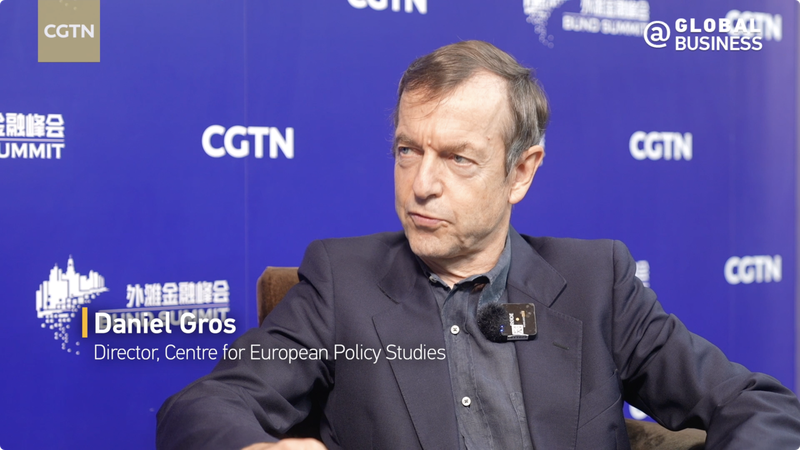
U.S. Congress’ Decoupling from China Risks Backfiring
U.S. Congress introduces measures to decouple from China, targeting biotech and drone industries, but these efforts may backfire on American innovation and security.
My Global News: Voices of a New Era
🌍 Stay Ahead, Stay Global 🚀

U.S. Congress introduces measures to decouple from China, targeting biotech and drone industries, but these efforts may backfire on American innovation and security.

China’s Ministry of Commerce criticizes the U.S. for violating WTO rules through tariffs and unilateral sanctions, urging a return to fair trade practices.

The European Commission’s proposed tariffs on Chinese electric vehicles are expected to have a limited impact, says Daniel Gros in an interview at the Bund Summit.

Canada announces 100% tariffs on Chinese electric vehicles and 25% on steel and aluminum, reflecting a protectionist trade stance with implications for the global EV market.

Canada has imposed 100% tariffs on Chinese mainland electric vehicles, following the US’s lead. The move aims to protect the domestic EV industry amid global trade tensions.

US Trade Representative delays tariff hikes on Chinese imports, including EVs and chips, awaiting review of 1,100+ comments. Explore the reasons and global impacts.

Clare Daly warns that anti-China tariffs could harm Europe’s economic future, advocating for global cooperation and strong EU-China relations.
U.S. economists and trade groups express concern that new tariffs on China could harm American businesses and consumers, potentially escalating geopolitical tensions and hindering economic growth.

At the WTO’s latest trade policy review, the Chinese delegation denied overcapacity and economic coercion claims, highlighting commitments to reform and high-quality development.

China held a side meeting in Geneva to clarify its trade policies ahead of the WTO’s ninth review, aiming to enhance understanding and trust among WTO members through transparent economic strategies.